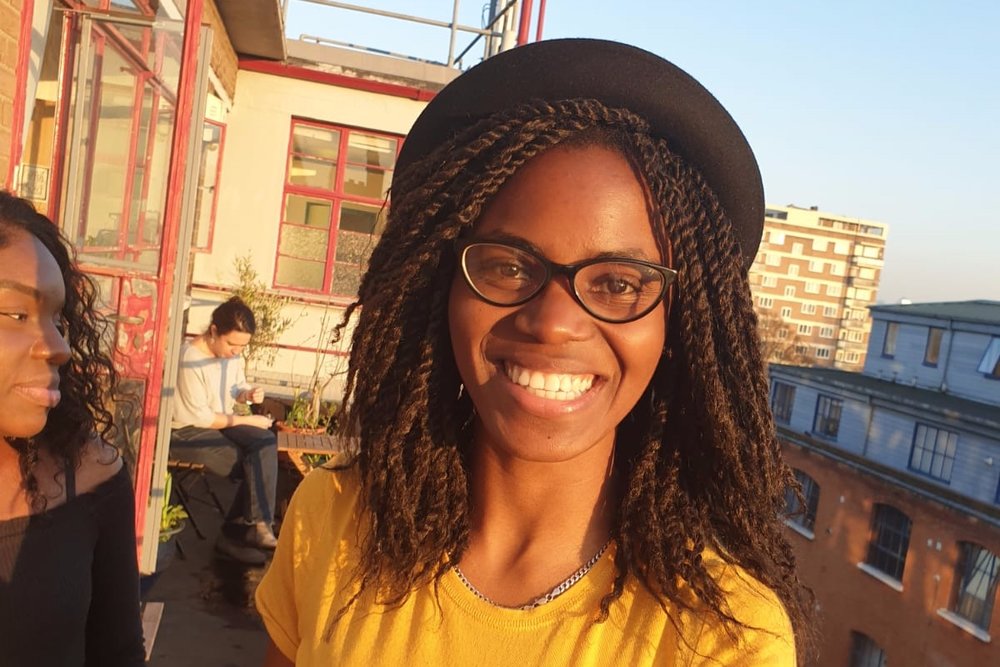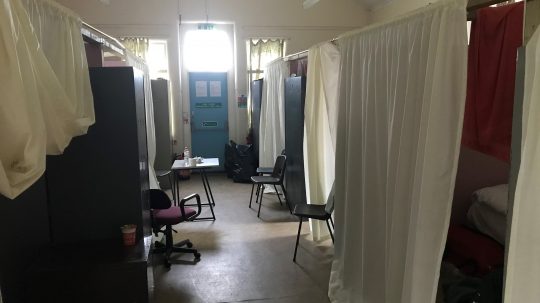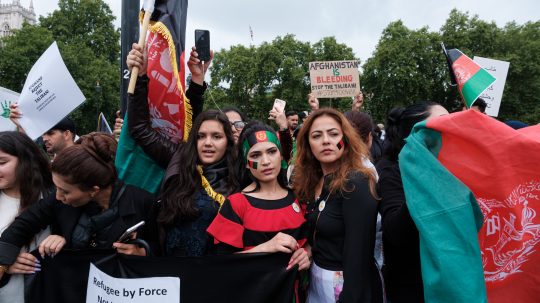The names of detained individuals have been removed to protect their identities.
People held in Immigration Removal Centres (IRC) have long been entitled to 30 minutes of free immigration legal advice but this does not extend to people held under the immigration act in prisons.
New research from Bail for Immigration Detainees (BID) has found that 89% of detainees held in prisons have difficulty accessing legal representation. 74% have reported being locked in their cell for 22-24 hours per day. Allegations raise concerns that immigrants’ human rights are not being protected.
In February 2021, the High Court found that the lack of legal advice for immigration detainees in prisons was ‘discriminatory and unlawful’. The judgment found that the difference in treatment between detainees in prisons and detainees in IRCs constituted ‘unlawful discrimination’ contrary to article 14 of the European Convention on Human Rights (ECHR).
Annie Viswanathan, Director, Bail for Immigration Detainees, said: “Not only does the Home Office lock individuals up without trial and threaten them with permanent exile from the UK, but people are detained in prisons where they are denied the legal representation that would enable them to exercise their fundamental right to challenge these decisions.”
Locked in cells for 22-24 hours a day
Viswanathan stated: “The stakes could not be higher, with children forced to grow up without a parent and severe and lasting damage caused to vulnerable people as a result of detention. Meanwhile, the majority of people are locked in their cells for more than 22 hours per day, every day.
According to the Migration Observatory, there has been an increase in the number of people who have been compensated for being unlawfully detained. The Migration Observatory stated: “In recent years, the Home Office has issued an increasing number of compensation payments for wrongful detention. In the year ending March 2021, there were 330 proven cases of wrongful detention, for which a total of £9.3m was paid in compensation.”
Left with no legal representation
Many detainees reported the impact detention has had on their mental health. Those who were able to contact lawyers were told that their cases would not be taken for several reasons. They include, the lawyer not having capacity, not providing legal aid, being too far away from the prison, or not dealing with immigration cases.
Person one, who will remain anonymous, explained their struggles with accessing legal representation. They stated: “Without legal advice, I have been relying on other prisoners to fill out paperwork and to translate. I have been unable to appeal against my deportation order as neither I or others understand some of the legal questions. My bail, though granted has come to nothing due to lack of accommodation and I have no one to challenge probation over this I have been a resident in the UK for 22 years but without legal help, I am unable to argue anything.”
Unlike in Immigration Removal Centres (IRCs), there is no ‘advice scheme’ for those detained in prisons to book an appointment with a lawyer. It is up to the prisoner, who is unlikely to have access to the internet, to contact a legal aid solicitor to get representation.
A second individual detained, described being locked away from the outside world and asked how they would be able to contact their family. Person two stated: “In prison, I cannot copy my original document or receive invitation calls from a solicitor who might have the capacity to take my case. This reduced my chances of getting representation. In this prison, I cannot get my phone numbers from reception. I’m locked away from the outside world and cannot contact friends and family to get help or representation. How do I contact my friends for help?”
The right to respect for your private and family life (Article 8) is protected under the Human Rights Act (HRA). The HRA is a central piece of legislation that ensures we can all live a safe and secure life. The government has announced plans to reform the HRA into a new Bill of Rights, which lawyers and campaigners are concerned will shift more power in favour of the government, and weaken the protections we have available to us.
Article 8 includes, not being able to correspond with your family, without being ‘unreasonably interfered with by the government’.
Not knowing when your life will continue
In 2020, 26% of people left the UK, either voluntarily or under Home Office enforcement, as opposed to 64% in 2010. It shows a long-term fall of people leaving immigration detention to be returned to their country of ‘nationality or habitual residence’. Approximately half of the individuals who are detained have registered for asylum in the UK.
A third person was able to contact their loved ones during detention. Person Three stated: “If you don’t have family or friends on the outside, it is nearly impossible to fight your case from prison and the solicitors that do take legal aid, won’t work with people in prison.”
Health professionals, parliamentary groups and campaigners have argued that the uncertainty surrounding a person’s length of detention is harmful to detainees and their families. In 2019, the House of Commons Home Affairs Committee argued for legislating a maximum limit on individual periods of detention. It followed the same argument that HM Chief Inspector of Prisons put forward in 2017.
Now, BID is calling on the government to end immigration detention. Viswanathan stated: “With an increase in the number of people held in prisons for immigration reasons and an increase in the severity of prison lockdown regimes, we call on the government to urgently end the use of prisons for immigration detention.”
A government spokesperson from the Home Office stated: “The public rightly expects us to remove those who have no right to be in the UK, including dangerous foreign criminals. We make every effort to ensure that a foreign national offender’s removal by deportation coincides, as far as possible, with their release from prison on completion of sentence.
Regarding access to legal advice, they stated: “Immigration detainees held under immigration detention powers in prisons have full access to legally-aided legal advice, as well as a special weekly payment to cover phone charges for detainees in prisons to seek legal and immigration advice.”






